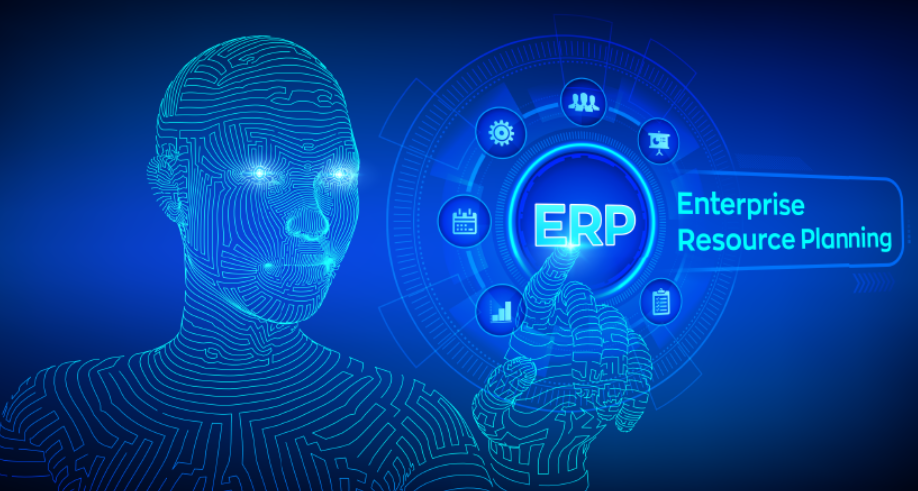AI has the potential to revolutionize ERP (Enterprise Resource Planning) solutions by providing them with enhanced capabilities and transforming them into powerful tools that can provide organizations with superpowers. Besides, it's one of many areas that are feeling the impact of artificial intelligence at the moment.
To appreciate just how much of a sea change is occurring and how this will continue to disrupt the way businesses across a number of industries handle their operations, stick with us as we talk you through the must-know aspects of this revolution.
ERP Solutions + AI = Supercharged Automation.
These days, AI is no longer a novelty for businesses but rather a necessity. We’ve seen it applied to everything from image creation to copywriting, making waves in the process. And ERP solutions are no exception.
By integrating AI into your existing ERP setup, you can unlock powerful automation capabilities that will supercharge your operations' efficiency and help streamline every aspect of daily business activities.
For example, using natural language processing and machine learning algorithms in an ERP system enables data-driven decisions through predictive analytics, optimizing workflow processes while reducing costs associated with manual labor and avoiding errors caused by human oversight.
In addition, API integration opens up new possibilities, such as voice commands within an application interface, allowing users to control their tasks with simple voice inputs instead of manually navigating menus all day. Sprinkle in AI, and the precision and reliability of such systems increase exponentially.
How API Integration Can Take Your ERP Solution to the Next Level
We’ve touched on how integrating APIs into your existing ERP system can help you get even more out of it, and it’s worth discussing AI’s role in this in more detail.
For instance, a collection of APIs enables developers to integrate artificial intelligence solutions with in-house apps. This means you don’t need to make AI tools yourself or gather the vast data sets that they require to function. Instead, you can simply tap straight into a tried and tested third-party ecosystem, and reap the full benefits for all sorts of projects, without the cost or complexity.
Dropshipping Automation: Streamlining Logistics with Artificial Intelligence
For businesses that rely heavily on online sales, essential dropshipping automation software is a must-have for efficient and cost-effective operations.
By integrating AI into your ERP system, you can automate the entire process from start to finish, including order fulfillment tracking and inventory management, while cutting costs by taking manual tasks out of the equation.
This will also allow for more accurate stock control, which in turn helps to avoid costly delays, and keeps customers on-side for longer.
Furthermore, by leveraging natural language processing algorithms within an ERP solution, it’s possible to understand customer orders better, and filter them according to their preferences.
This makes creating a tailored experience that boosts satisfaction levels easily achievable while simultaneously streamlining logistics workflows throughout the business. It makes dropshipping easy and simple to implement.
The Power of Predictive Analytics in Your ERP System
Teaming your ERP system up with an AI tool, you can gain access to predictive analytics that will enable data-driven decisions and help optimize your business operations, as discussed.
With the power of AI at its core, an ERP solution can quickly and accurately analyze vast amounts of data from different sources, providing businesses with meaningful insights that allow them to make informed decisions based on real-time information.
From forecasting future trends to predicting customer behaviour changes or budget requirements, all these tasks are made much simpler thanks to powerful algorithms available within an advanced AI-enabled ERP system.
Better yet, by leveraging machine learning technology, it’s possible for a business's systems to continuously evolve over time as new data is gathered, ultimately increasing accuracy levels while also reducing operational costs.
Final Thoughts
It would be impossible to talk about AI, whether in an ERP context or any other, without addressing the elephant in the room, which is that of the potential disruption to the job market.
What 's important to realize here is that AI, like any other software solution, is a tool to be used by humans, not some unknowable entity to be feared. Once you start to see its potential in action, you’ll appreciate that it will actually help your team make more of the resources at their disposal, rather than rendering them redundant, so it’s good news all round.
